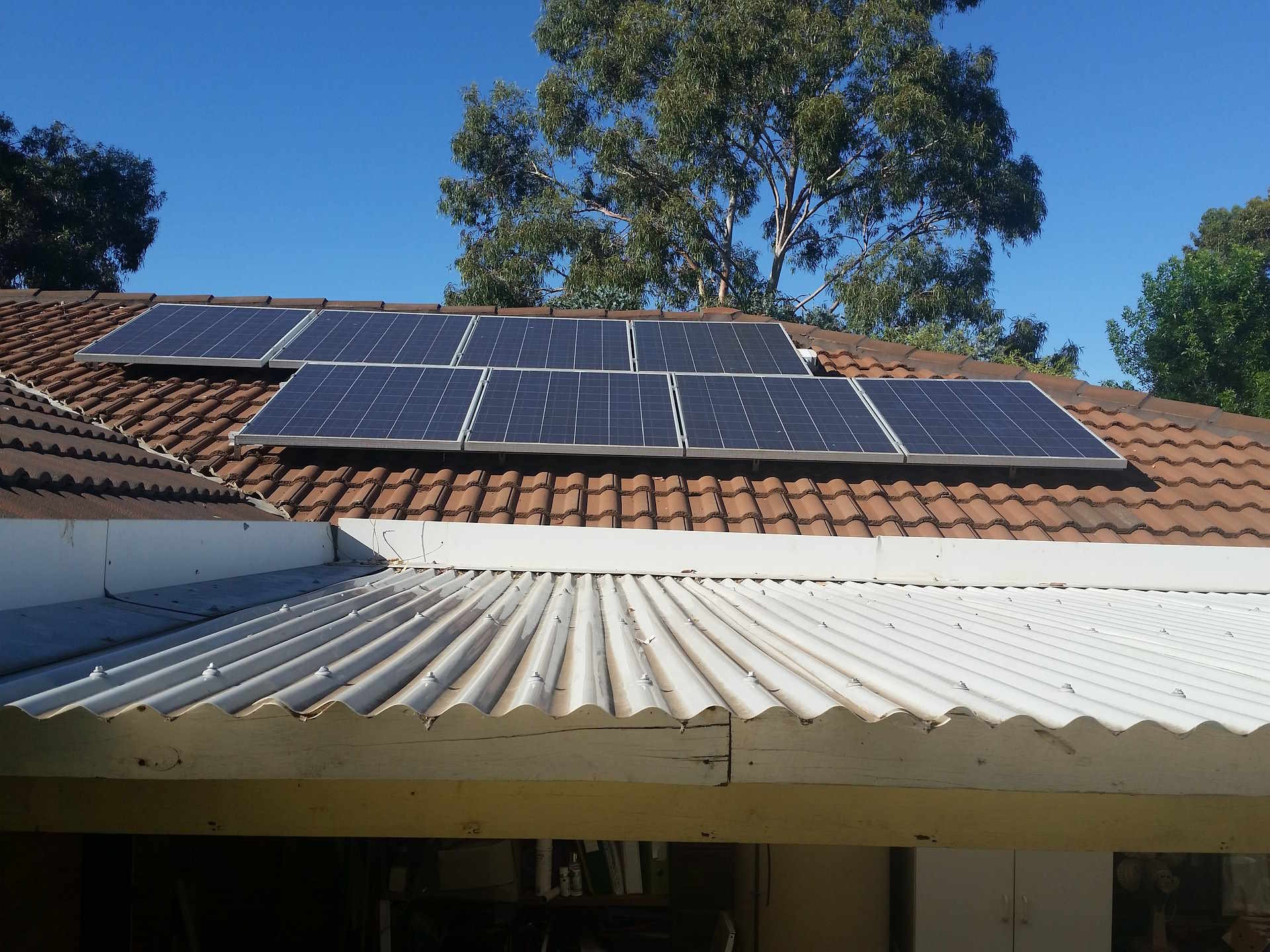Solar Panel Installation: A Comprehensive Guide to Residential Energy Systems
Installing solar panels is a step toward cleaner, cost-effective energy. By capturing sunlight and converting it into electricity, these systems help reduce reliance on traditional power sources. Proper installation ensures efficiency, long-term savings, and a sustainable choice for homes or businesses.

Understanding Solar Panel Installation Basics
Solar panel installation involves mounting photovoltaic (PV) panels on a property’s roof or ground-mounted structure to capture sunlight and convert it into usable electricity. The process requires careful planning, including site assessment, structural evaluation, and electrical system compatibility checks. Professional installers must consider factors such as roof orientation, shade patterns, and local building codes before beginning the installation.
Key Components of Solar Panel Installation Services
A complete solar panel system consists of several crucial components working together. These include the solar panels themselves, inverters to convert DC power to AC power, mounting hardware, and monitoring systems. Professional installation services typically handle the entire process, from initial design and permitting to final system activation and grid connection.
Evaluating Energy Savings Through Solar Installation
Solar panel systems can significantly impact monthly energy costs, though actual savings vary based on several factors. These include local electricity rates, average sun exposure, system size, and energy consumption patterns. Homeowners should consider their current energy usage and future needs when determining appropriate system capacity.
Professional Installation Requirements and Certifications
Quality solar panel installation requires certified professionals with specific expertise. Installers should possess North American Board of Certified Energy Practitioners (NABCEP) certification or equivalent credentials. They must understand electrical systems, roofing techniques, and local building codes to ensure safe, compliant installations.
Solar Panel System Costs and Financial Considerations
Installation costs vary significantly based on system size, equipment quality, and location. Below is a breakdown of typical residential solar system pricing:
| System Size | Average Cost Range | Estimated Annual Production |
|---|---|---|
| 5kW System | $15,000 - $21,000 | 6,000 - 8,000 kWh |
| 8kW System | $24,000 - $32,000 | 9,600 - 12,800 kWh |
| 10kW System | $30,000 - $40,000 | 12,000 - 16,000 kWh |
Prices, rates, or cost estimates mentioned in this article are based on the latest available information but may change over time. Independent research is advised before making financial decisions.
Maintenance and Long-term Performance
Regular maintenance ensures optimal system performance throughout the installation’s lifetime. This includes periodic cleaning, inspection of electrical connections, and monitoring system output. Most solar panels come with 25-year performance warranties, though proper maintenance is essential for achieving maximum efficiency and longevity.
Solar panel installation represents a significant investment in sustainable energy technology. While initial costs can be substantial, the combination of reduced energy bills, potential tax incentives, and environmental benefits makes solar power an increasingly attractive option for homeowners seeking long-term energy solutions. Understanding the installation process, requirements, and financial implications helps ensure informed decisions about transitioning to solar energy.




